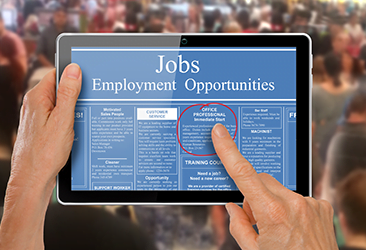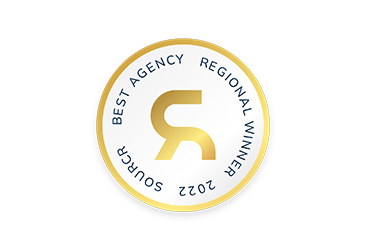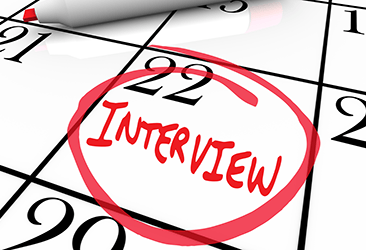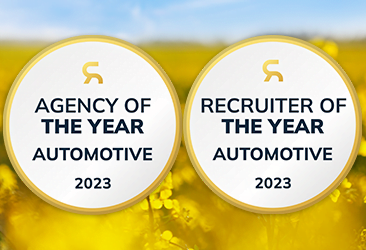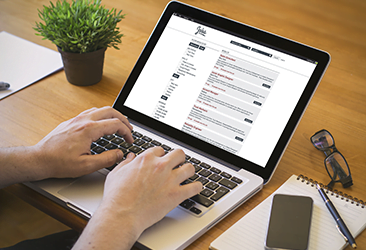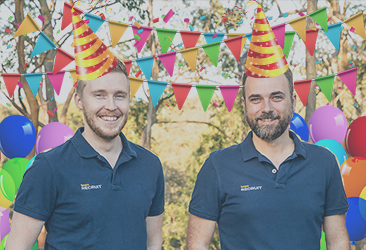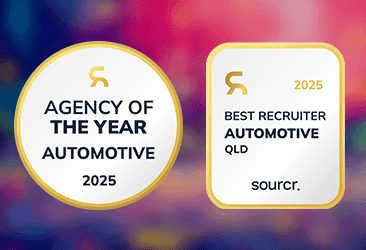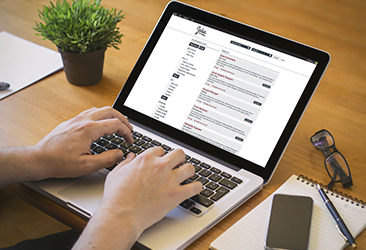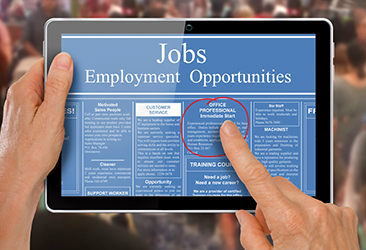You just spent an hour at an industry event. You nailed the conversation with the truck dealership Service Manager, got a business card from the earthmoving company owner, and heard a great tip from an agricultural sales veteran. That handshake was a moment of potential, a rare chance to move past a faceless application and forge a human connection. But what happens next is where 70% of job opportunities are either won or lost.
Failing to follow up is not a passive oversight: it’s an active forfeiture of opportunity. In the competitive job markets of Australia and New Zealand, most roles are filled through the “hidden job market” before they are ever advertised publicly. If you don’t follow up, you are essentially leaving a winning lottery ticket unclaimed.
The immediate consequences of silence
Why do people fail to follow up? It’s often a fear of appearing pushy or simply not knowing what to say, but the consequences are universal and immediate. Silence after a promising interaction actively undermines your professional efforts and closes doors to potential employment.
- Rapid decay of connection: The rapport you built is highly perishable. A follow-up is most effective within 24 to 48 hours, while the discussion is still fresh. Waiting longer lets your warm lead go cold, fading your memory amidst the dozens of other people they met.
- Damaged professional credibility: A follow-up is an expected professional courtesy. Its absence suggests a lack of seriousness, poor organisational skills, or disrespect for the contact’s time. This taints your personal brand and suggests you lack the initiative and reliability required for a role in a busy dealership environment.
- Forfeited access to the hidden market: The contacts you make are gateways to unadvertised roles, valuable industry insights, and referrals to other key decision-makers. When you don’t follow up, you are not just losing one contact: you are severing a potential bridge to a wealth of opportunities inaccessible through traditional job boards.
Silence ensures you remain just another applicant in a crowded field, reliant on advertised jobs while your proactive competitors secure roles through personal recommendation.
The gold standard of job search follow-up
An effective follow-up strategy doesn’t need to be complicated, but it requires discipline and thoughtfulness. It is built on four core pillars that signal professionalism, genuine interest, and respect for the new relationship.
Timeliness is non-negotiable
Send your message within 24 to 48 hours of the event. This promptness immediately demonstrates your enthusiasm and ensures the conversation remains current and relevant in their mind.
Personalisation is paramount
A generic, templated message is easily dismissed. A powerful follow-up must reference specific topics or key takeaways from your conversation. If the earthmoving owner mentioned supply chain issues, reference that. If the truck dealership manager gave you advice on your next certification, mention that. This proves you were actively listening and transforms the message into a personal, memorable interaction.

Provide value, don’t just ask
Networking is a two-way street. Your follow-up should offer something of value to the recipient where possible. This could be:
- A link to an article on new agricultural technology you discussed.
- A quick insight into a market trend you follow.
- An offer to connect them with someone in your own network.
This positions you as a thoughtful and resourceful professional and not just a job seeker.
Clear and low-pressure call to action
Respect the recipient’s time by keeping your message brief. Your call to action should suggest a simple, low-pressure next step:
- “I’d love to connect on LinkedIn.”
- “Would you be open to a brief 15-minute call next week to learn more about your career path?”
Your 7-day follow-up plan
- Within 24 hours
- Primary channel: Email
- Objective: Express gratitude, reinforce the conversation, and establish the connection.
- Key action: Timeliness and personalisation are critical. Send a simple email like: “Hi [Name], it was a pleasure meeting you at the [Event Name] yesterday. I really enjoyed our conversation about [specific topic].”
- Day 2
- Primary channel: LinkedIn
- Objective: Solidify the professional connection in a public, professional context.
- Key action: Keep the note brief and professional. Send a connection request with a personalised note: “Hi [Name], great to connect at [Event Name]. Looking forward to staying in touch.”
- Day 4-5
- Primary channel: Email
- Objective: Propose a clear next step, such as an informational interview.
- Key action: Be specific, respectful of their time, and low-pressure. For example: “As I continue to explore my career options, I’d be grateful for the chance to learn more about your experience. Would you be open to a brief 15-minute call next week?”
- Day 7+
- Primary channel: Personal Action (Email)
- Objective: Send one polite, brief follow-up if you haven’t received a response.
- Key action: Be persistent but not pushy. If there is still no response, respect their silence and move on. You could say: “Hi [Name], just wanted to quickly follow up on my previous email. I know you’re busy but would love to connect when you have a moment.”
The initial follow-up is just the beginning. The most successful professionals invest in maintaining these connections over time, transforming a contact into a genuine professional ally.
Look for natural and respectful ways to stay in touch every few months. This could be as simple as congratulating them on a promotion you see on LinkedIn or sharing a relevant industry article. These small, value-added interactions keep the relationship warm and ensure you remain top of mind when that perfect, unadvertised role opens up.
Following up should not be an afterthought, it must be a core, non-negotiable component of your job search strategy. By implementing this disciplined framework, you ensure that every valuable connection you make is given the best possible chance to blossom into a career-defining opportunity.
Teamrecruit is Australia’s most established recruitment agency specialising in truck, earthmoving and agricultural machinery dealerships in Australia, New Zealand, the South Pacific and Southeast Asia. Find out more about Teamrecruit and how we support employers and candidates in the dealership industry.











